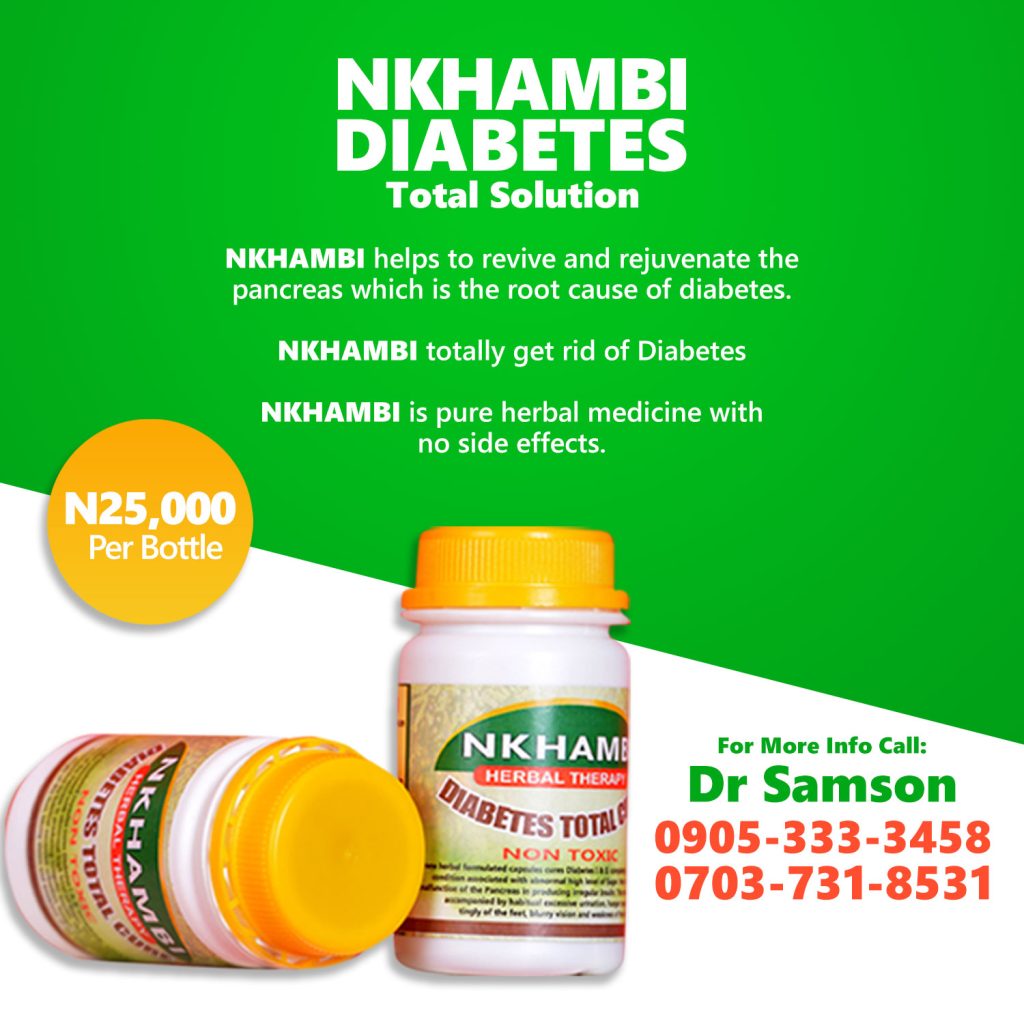President Bola Tinubu-led Nigerian government is set to start collecting Value Added Taxes (VAT) from the informal sector, saying this would reduce multiple taxations in the informal economy.
This was announced by the Federal Inland Revenue Service (FIRS) in a statement released on Monday while revealing that the government was partnering with the Market Traders Association of Nigeria (MATAN) to collect and remit VAT from their members especially those in the informal sector using a unified systems technology.
It was learned further that the partnership between FIRS and MATAN was termed as VAT Direct Initiative, a collaboration between FIRS and MATAN where MATAN promotes awareness on VAT collection and remittance in the marketplace and informal sector, while also simplifying VAT payment and remittance for the marketplace and informal sector using a purpose-built digital platform.
They also mentioned that MATAN would have a digital platform that enumerates its members, provides them with a digital ID card, and records their turnover to ensure that VAT is collected and returned to the FIRS.
The statement reads “The Initiative is the first of its kind that will utilize technology to foster collaboration between the FIRS and the marketplace for the collection and remittance of VAT.”
According to FIRS, this will assist combat double taxation in the marketplace by partnering with security forces to reduce the operations of touts and self-imposed tax collectors.
“This will also boost VAR revenue generation for the three tiers of government, which in turn means more money to fund infrastructure and social amenities,” the statement added.
Upon enumeration, MATAN members will each get an ID card with their Tax Identification Number and other personal information.
Nigeria’s Value Added Tax (VAT) grew by 1.75% quarter over quarter, reaching N709.59 billion in the first quarter of 2023.
The manufacturing sector collected the most VAT in Q1 2023, accounting for 29.65% of total VAT collected.
Information and communication came in second with a 19.29% share, while mining and quarrying contributed 12.24% to VAT collection over the same time period.








